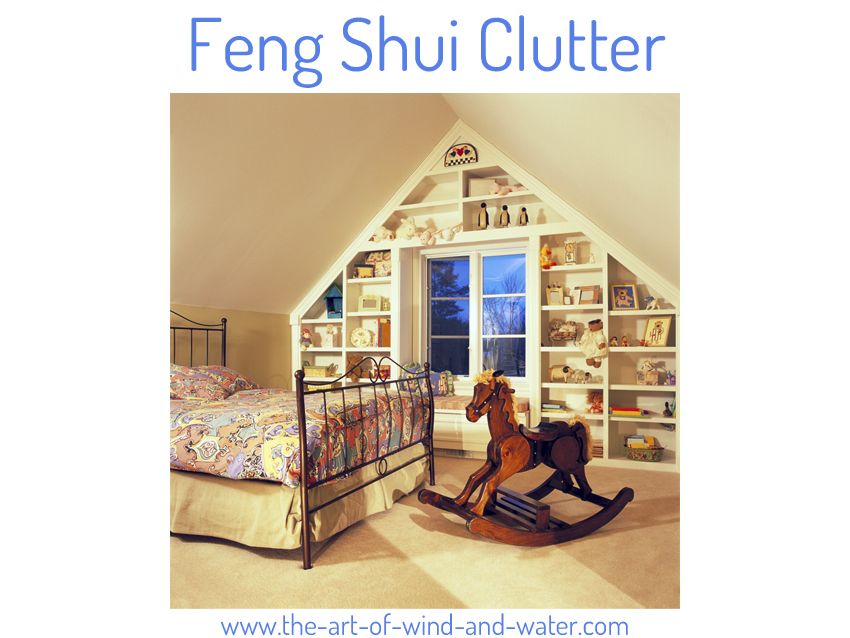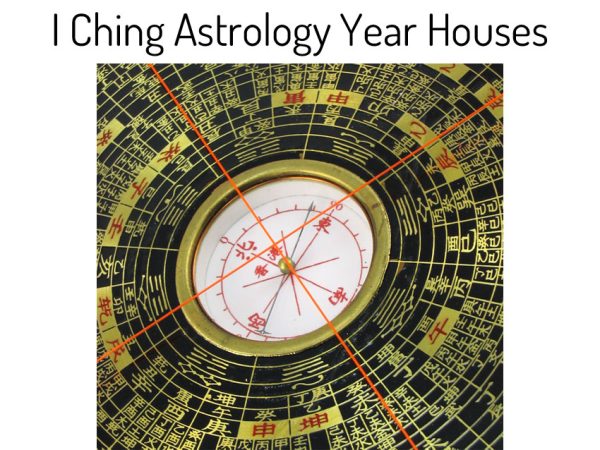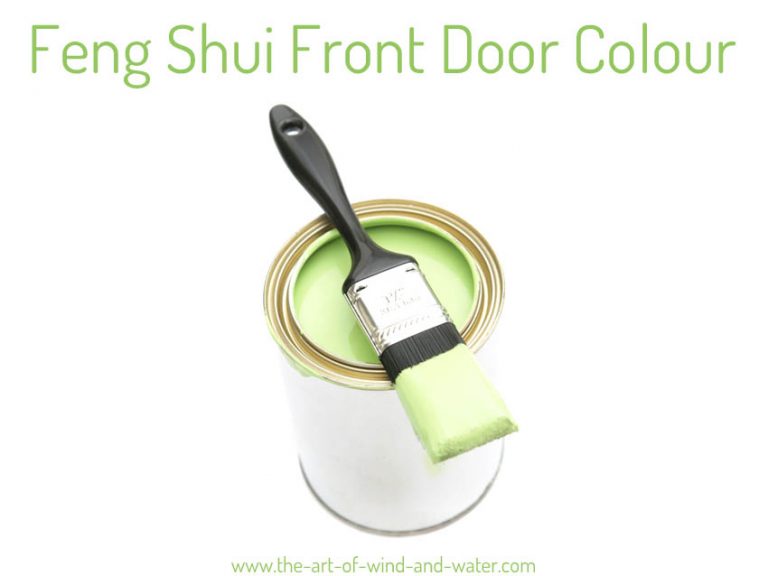
Feng Shui Clutter
Clutter reduces the size of your home. Imagine the more unorganised storage you have, the smaller your home office or lounge becomes. Your room can literally shrink in front of your eyes, how constricting does that feel? When you feel trapped or contained, so does your mind. Clutter happens from our multi-faceted lives, a lack of time, inadequate organised storage, our obsession with buying more and emotional attachment. Aim for a clutter free home for mental wellbeing.
Change your buying habits
The modern world is obsessed with consumerism. To live a simpler life, move away from shopping trips and reprogramme your mind with a more traditional outlook.
- Repair, recondition, repurpose, renew.
- Swapping or swishing.
- Sell on Ebay or gumtree etc.
- Donate to charity, gift on or give away.
Invest time in planning & building organised storage
Planned storage is the most effective way or organising the home. Spending time brainstorming and analysing your interior makes life a lot easier in the long run. It’s a process for the whole family to have fun with. Don’t feel confined to ready-made shelving units and cupboards, as using those ‘awkward’ places in the home for made-to-measure storage solutions will create more space. Clever, practical and functional designs are what’s needed.
Here’s my how to guide:
- Evaluate your existing storage; size, location, function, contents, effectiveness, ease of use.
- Identify areas where you could have more storage e.g. walls, corners, cupboards, awkward spaces etc.
- Break the home down into zones and tasks and analyse the household dynamic; who uses what at what time of day.
- Each zone will have a few labels e.g. daily use, regular use, seasonal use, once yearly use.
- Each task will have some storage associated with it e.g. dirty clothes, ironing, toys, magazines, household products, toolkit, golf clubs, DVDs, home accounts, holiday clothes etc.
- Brainstorm what extra storage would help streamline the home, with input from the whole family.
- Decide the best place for storage from your zones and tasks.
- When planning, add variety and diversity e.g. storage trunks with a seat on top, open shelves, corner units, tall cupboards, low credenza, built in, free standing.
- When you have your new storage plan for all of your belongings, add an extra third. You’ll need it.
- Use a container in each room to put clutter in e.g. box or basket – one with a handle if possible (don’t fight clutter, accept it and organise it).
- Make sure every room has a rubbish bin.
- Establish a quick five-minute tidy up at the end of every day.
Emotional associations & patterns
We often put off clearing away clutter, clearing out our wardrobes, packing away boxes or tackling a pile of papers as a way of avoiding something in our lives. When we have a clean, organised and tidy home this is reflected in our state of mind. Tidy house, tidy mind as they say.
We buy more and more these days to keep up with the neighbours, to give ourselves a sense of security and just because it’s a habit. We become attached to everything we own, and often hold onto things unnecessarily as mementos or keepsakes. Emotional attachments to memories are difficult to let go of. The trouble is, they could be holding us back. We need to identify the difference between an object that is a treasured memory and clutter that we are holding onto unnecessarily.
- Are you the type of person that keeps everything in boxes in any available space you have in the home?
- What do you really need to keep?
- What have you not looked at in two years?
- What have you forgotten you owned?
Patterns are not easy to break free from, but with determination and willingness to change there is always a fresh way ahead. My two top tips are to stop buying for the sake of it and have a major clear out every year of everything you own. Be brutal, clean up clutter and make some space. It’s the most refreshing thing you can do.
Clutter and Feng Shui
From an interior form Feng Shui perspective, clutter, disorganisation, untidiness, hoarding and too many belongings can become a weakness in the home. Any weakness in the home, becomes a weakness for one or more of the occupants.
From my experience as a consultant, in residential Feng Shui surveys there is typically always a spare room, maybe a box sized or one that is designated for guests. These rooms over time become a dumping ground. When looking at the floor plan of the home and the cardinal sector that relates to this room, it is possible to identify a weakness for one of the family members using the Chinese trigram identification system. When the occupants tidy, restore and/or change the function of the room to once again become part of the house, this can help create a more supportive environment.








